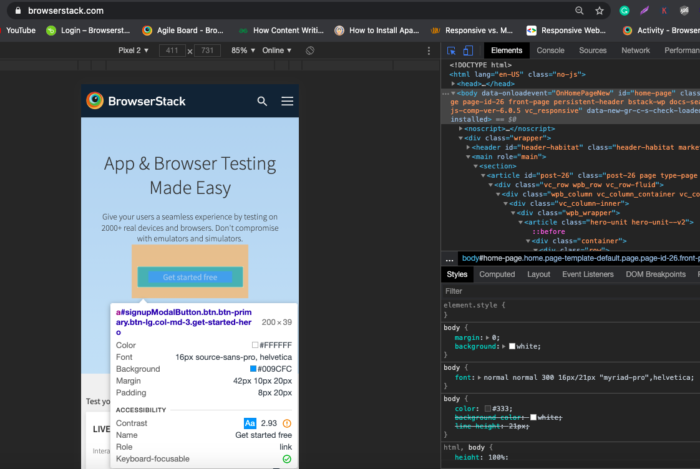Protecting Your Financial Information in the Digital Age
In an increasingly digital world, safeguarding your financial information has never been more critical. As we navigate online shopping, banking, and entertainment, protecting personal data from cyber threats is essential. This article provides essential tips for keeping your financial information secure, especially when engaging in online transactions, including those related to gaming.
1. Understand the Importance of Data Protection
With the rise of e-commerce and online services, personal and financial data is constantly at risk. Identity theft, phishing scams, and data breaches can lead to significant financial losses and stress. Understanding the importance of protecting your data is the first step in ensuring your financial security.
2. Use Secure Payment Methods
When making online payments, always opt for secure payment methods. Look for websites that offer encryption and secure connections (HTTPS) to protect your data during transactions. Using reputable payment gateways and digital wallets can add an extra layer of security, making it harder for hackers to access your financial information.
For instance, online platforms like Cashtocode casino prioritize secure payment methods, ensuring that users can enjoy gaming without compromising their financial safety. By choosing a casino that uses trusted payment solutions, you can have peace of mind while engaging in online entertainment.
3. Regularly Update Your Passwords
One of the simplest yet most effective ways to protect your financial information is by using strong, unique passwords for your online accounts. Regularly updating passwords and utilizing password managers can help keep your data secure. Avoid using easily guessed passwords or reusing them across multiple sites, as this increases your risk of being hacked.
4. Monitor Your Accounts
Regularly checking your bank and credit card statements can help you quickly identify any unauthorized transactions. If you notice any suspicious activity, report it to your financial institution immediately. Many banks and financial services also offer alerts for unusual transactions, adding another layer of protection.
5. Be Wary of Public Wi-Fi
While convenient, public Wi-Fi networks can pose significant risks to your financial information. Avoid making sensitive transactions, such as online payments or banking, while connected to public Wi-Fi. If you must use public networks, consider using a virtual private network (VPN) to encrypt your internet connection.
6. Educate Yourself on Phishing Scams
Phishing scams are designed to trick you into revealing personal information through deceptive emails or websites. Be cautious of unsolicited emails or messages asking for your financial details. Always verify the source before clicking on links or providing information.
7. Embrace Two-Factor Authentication
Wherever possible, enable two-factor authentication (2FA) on your online accounts. This extra layer of security requires not only a password but also a second form of identification, such as a code sent to your mobile device. 2FA makes it much harder for unauthorized users to access your accounts.
Conclusion
In the digital age, protecting your financial information is crucial for maintaining security and peace of mind. By employing secure payment methods, like those found at Cashtocode casino, regularly updating passwords, and staying informed about potential threats, you can significantly reduce the risk of financial fraud. Taking these proactive steps will help you enjoy your online experiences—whether shopping, banking, or gaming—without compromising your safety.
Stay in touch to get more updates & news on Buzz Discover!






